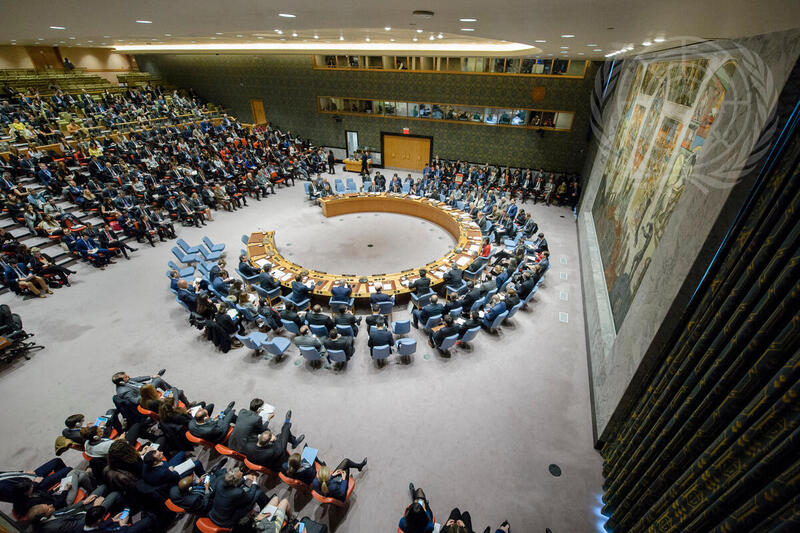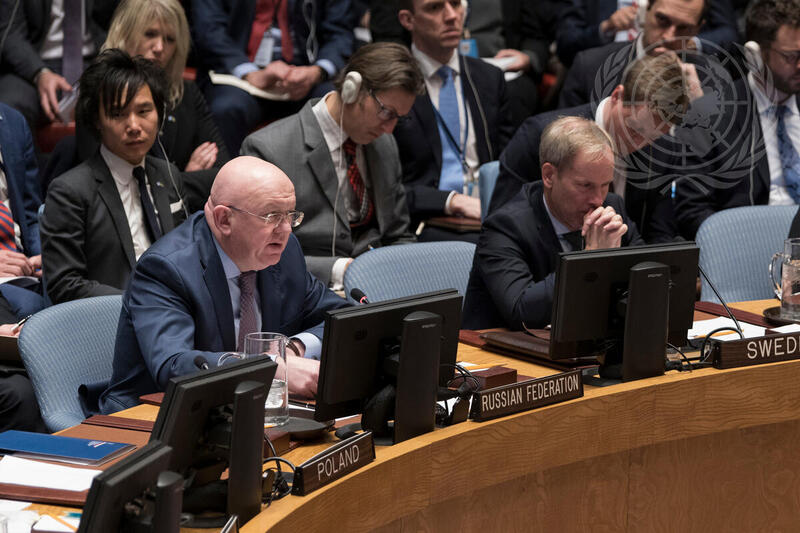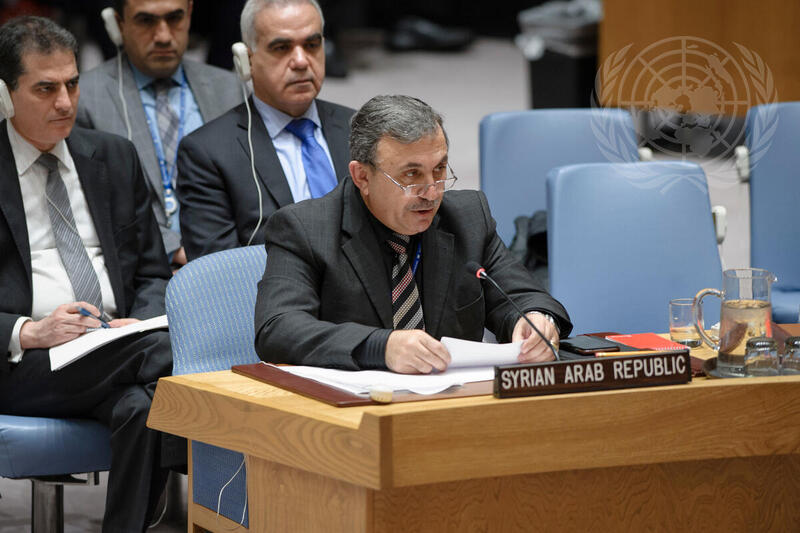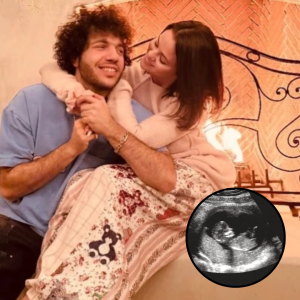The United Nations Security Council held an emergency closed-door meeting on Syria at Russia’s request, after Mr. Assad was overthrown.
In an emergency meeting held behind closed doors on December 9, members of the United Nations Security Council discussed the rapidly changing situation in Syria after the overthrow of President Bashar al-Assad, agreeing to continue monitoring and preparing for further developments in the Middle Eastern country.
“I think the Security Council has more or less agreed on the need to protect the territorial integrity and unity of Syria, ensure the safety of civilians and provide humanitarian aid. All parties, including members of the Security Council, are surprised by the current situation,” Russia’s UN ambassador Vassili Nebenzia told reporters after the meeting.
US Deputy Ambassador to the United Nations Robert Wood said that “no one expected” the Syrian government forces to fall so quickly. “The situation is extremely fluid and can change from day to day,” he said.

Gunmen stand on a tank in Damascus, Syria, December 9. Photo: AFP
However, the US ambassador noted that all sides spoke about respecting Syria’s sovereignty, territorial integrity and independence, and expressed concern about the humanitarian situation. He hinted that the Security Council was drafting a joint statement to provide a unified voice on the situation in Syria.
When asked about Hayat Tahrir al-Sham (HTS) and the possibility of the group being removed from the UN sanctions list, both Mr Nebenzia and Mr Wood said the council had not yet addressed the issue.
“It is necessary to stabilize the situation and have a comprehensive political process, and not allow terrorist forces to rise,” China’s UN Ambassador Fu Cong said after the meeting.
Syria’s UN ambassador Koussay Aldahhak told reporters that his mission and all Syrian embassies abroad had been instructed to continue their work during the transition period. Foreign Minister Bassam Sabbagh, appointed by Mr. Assad, remains in the capital Damascus.
The United Nations Security Council consists of five permanent members: the United States, Russia, China, the United Kingdom and France, and 10 non-permanent members. The United States currently holds the rotating presidency of the council.
On December 8, an alliance of anti-government forces led by HTS captured the capital Damascus, overthrowing the government of President Assad.
Syrian Prime Minister Ghazi al-Jalali later said he was ready to hand over power and cooperate with the people’s chosen leader. According to al-Jalali, negotiations with the opposition are ongoing and the process of transferring power could take days.
HTS leaders also announced that they have not taken over the country’s governance. Syrian government agencies will remain under the control of Prime Minister al-Jalali until the transition is completed.








